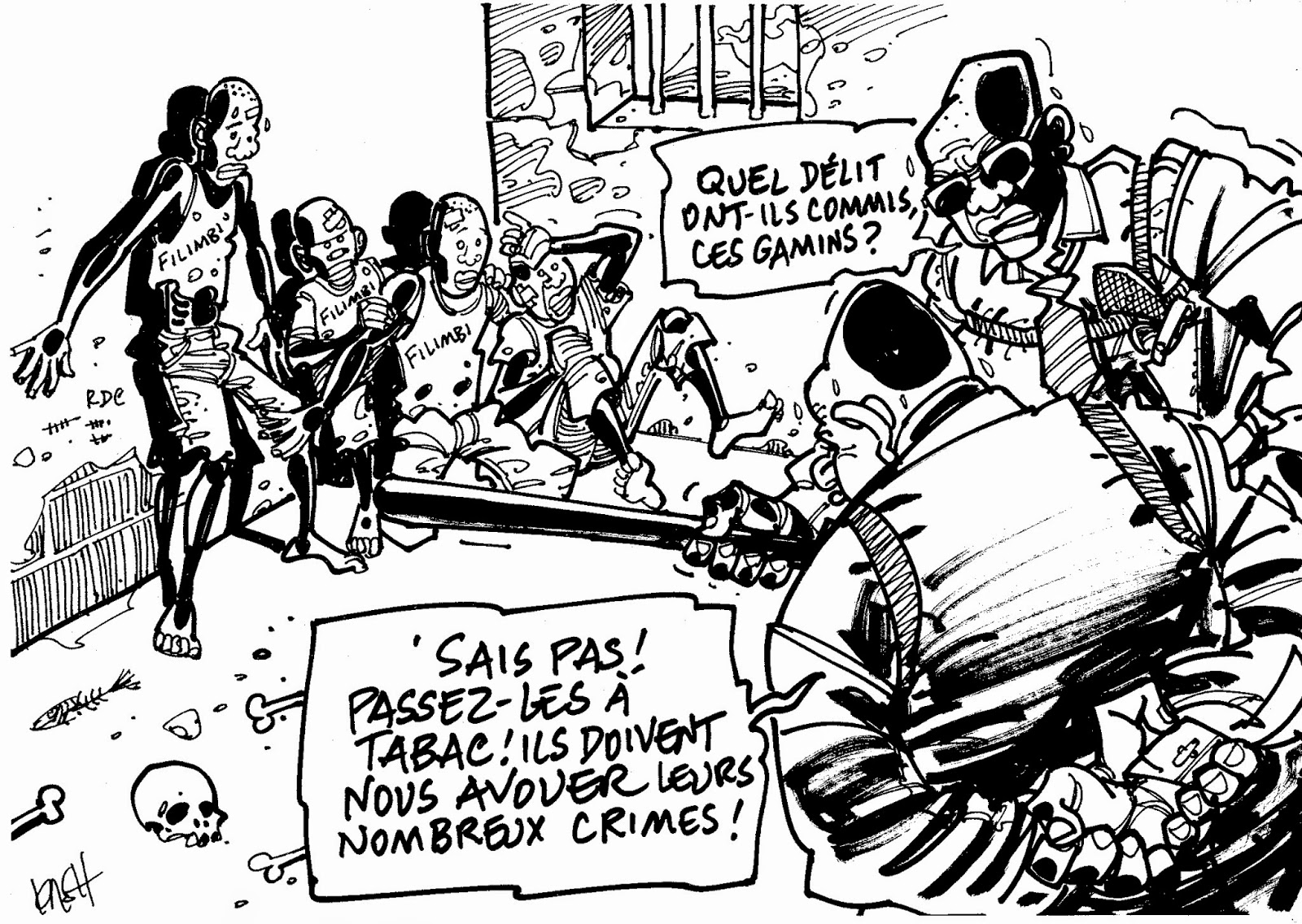Interview avec Elisabeth Caesens Part II
Nous discutons avec Elisabeth Caesens, l'ancien chef du projet du Carter Center sur la gouvernance de l'exploitation minière à Lubumbashi. Read More
Nous discutons avec Elisabeth Caesens, l'ancien chef du projet du Carter Center sur la gouvernance de l'exploitation minière à Lubumbashi. Read More
Elisabeth Caesens is technical advisor to the Carter Center. She previously acted as the director of their mining governance project, based in Lubumbashi. This is the first of two podcasts with her on mining in the Congo, where she talks about the reform of Gécamines (the state-owned mining company), possible links between electoral financing and mining deals, and the China-Congo mining deal. Read More
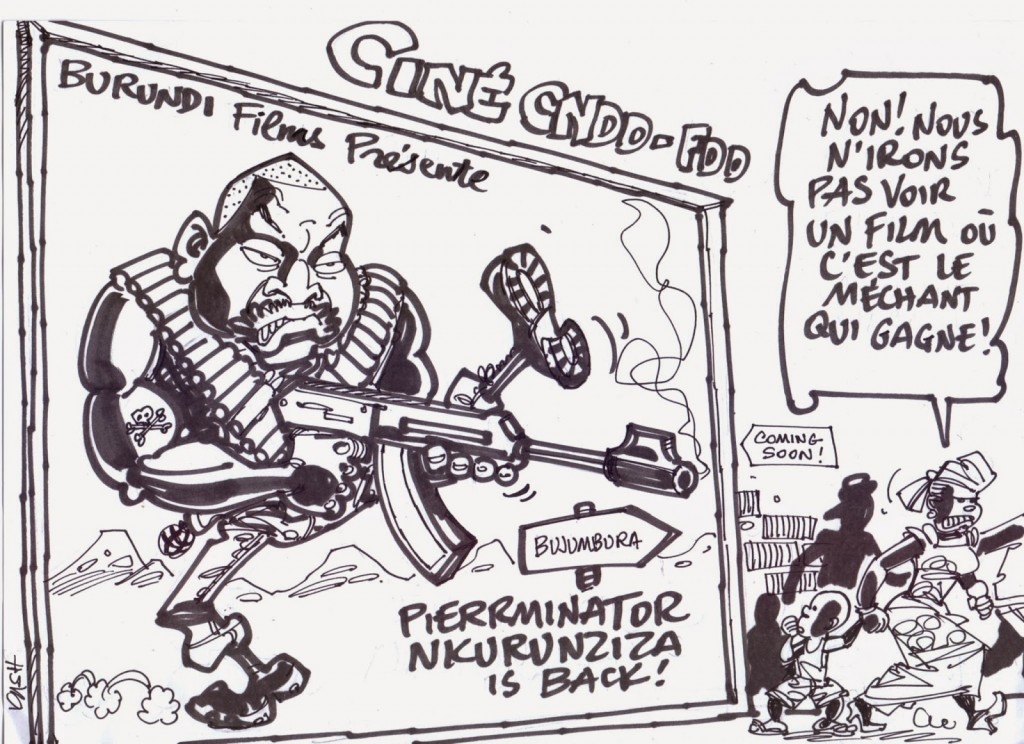
I speak with Bloomberg correspondent Michael Kavanagh on the Congo’s economy, oil exploration, the Inga dam, a new IMF program, and funding… Read More
Senator Russ Feingold (Courtesy: Wikipedia) It has been over two months since Senator Russ Feingold stepped down as the US Special Envoy to the Great Lakes region, and around six months since the US administration has been aware of his resignation. Since he stepped down, the Congolese government cracked down on civil rights organizers in Kinshasa, the electoral process in that country has been beset by controversy, and––most importantly––bloody protests have broken out in Burundi over President Nkurunziza's insistence to stand for a third term. Eighteen people have died in the protests there, which have prompted fissures within the security services and called into question the country's institutional stability. Not exactly a good time to have a vacancy at the top. Read More
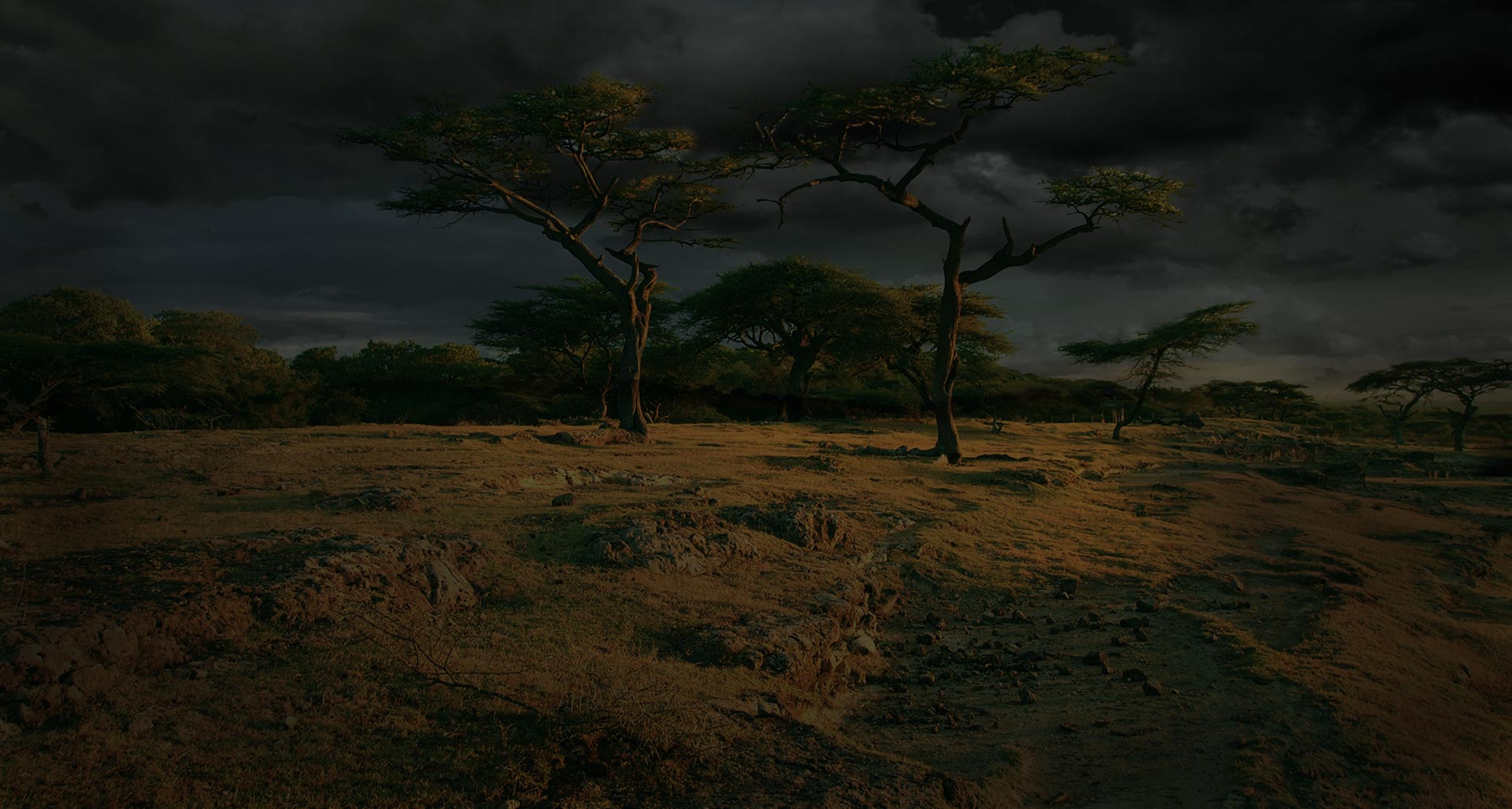
Les neuf juges de la cour constitutionnelle et les six hauts magistrats oeuvrant au parquet L'auteur, Marcel Wetsh'okonda, est avocat et chercheur indépendant basé à Kinshasa. Le 4 avril 2015, la Cour constitutionnelle a été installée. Régie par la Constitution du 18 février 2006 telle que modifiée et complétée à ce jour, la loi organique n°13/026 du 15 octobre 2013 portant organisation et fonctionnement de la Cour constitutionnelle ainsi que son règlement intérieur, cette juridiction est chargée d’un éventail important d’attributions : Read More
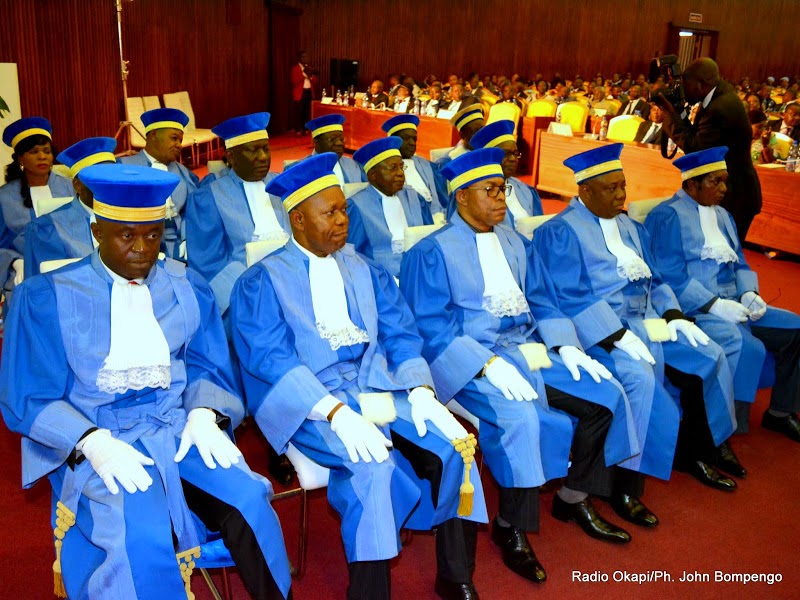
The Congolese government appears intent on holding local and provincial elections as scheduled in October 2015. This despite a push by the… Read More
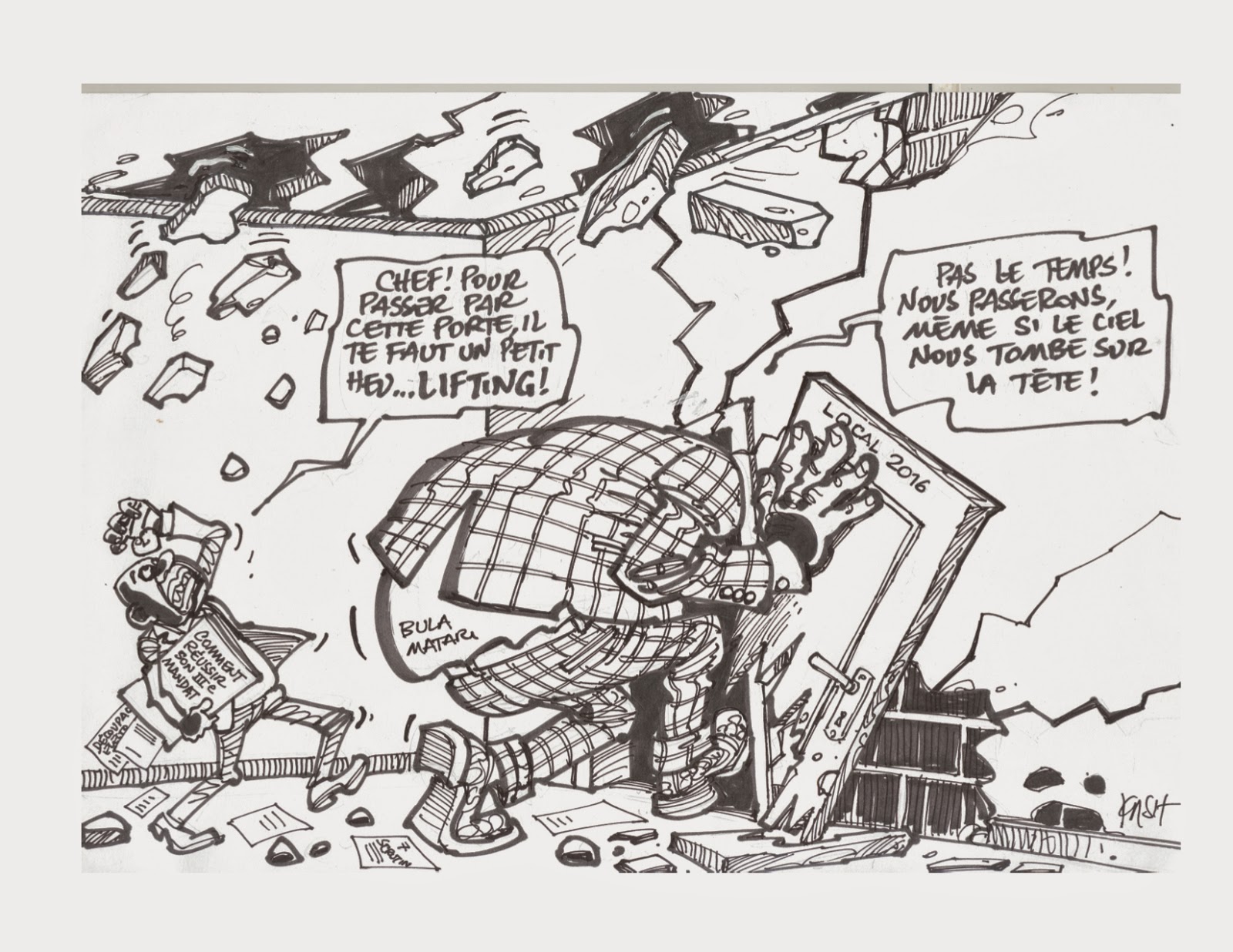
This is a guest blog by Dan Fahey. He was the finance expert for the UN Group of Experts on the DR Congo in 2013-2014 and coordinator of the Group in 2014. He is currently a visiting scholar at the University of California, Berkeley. The news that Jamil Mukulu, the leader of the Allied Democratic Forces (ADF) armed group, has been arrested is as surprising as it is welcome. During 2014, I was Coordinator of the UN Group of Experts on DRC, which documented Mukulu’s responsibility for a wide range of crimes including slavery, forced marriage, and use of child soldiers. Mukulu’s capture could solve many mysteries about this enigmatic group, but it could also reveal many unpleasant truths about how and why ADF was able to survive for the last twenty years. If I could interview Mukulu, I would start by posing the following questions: Read More
Ce blog a été écrit par Noel Obotela Rashidi, professeur d'histoire à l'Université de Kinshasa et directeur adjoint du Groupe d'étude sur le Congo (GEC), un projet commun du Centre d'études politiques (CEP) et le Centre pour la coopération internationale (CIC) de l'Université de New York. L’annonce de la mise en route du processus de décentralisation a provoqué à la fois de l’enthousiasme et du pessimisme. Si les uns s’abritent derrière le principe du « rapprochement de l’administré de l’administration », d’autres, par contre, s’étonnent de la précipitation avec laquelle cette installation est menée. Ce groupe argumente et relève notamment l’état de ces nouvelles entités où les infrastructures demeurent absentes. Nonobstant ces éléments, les acteurs politiques tiennent à leurs « nouvelles provinces », quel qu’en soit le coût. Evidemment entre volonté et faisabilité persiste un fossé difficile à franchir sans en relever les défis. Read More
FARDC scarecrow (Courtesy Dan McCabe) In the last several weeks, there has been a lot of noise about new insurgencies in the eastern Congo, possibly involving the Rwandan and Ugandan governments. This should provoke consternation: In the past, no local rebellion in the eastern Congo has been able to destabilize the region without outside support, usually involving those two countries. Here are some of the incidents that have roiled public opinion: Read More
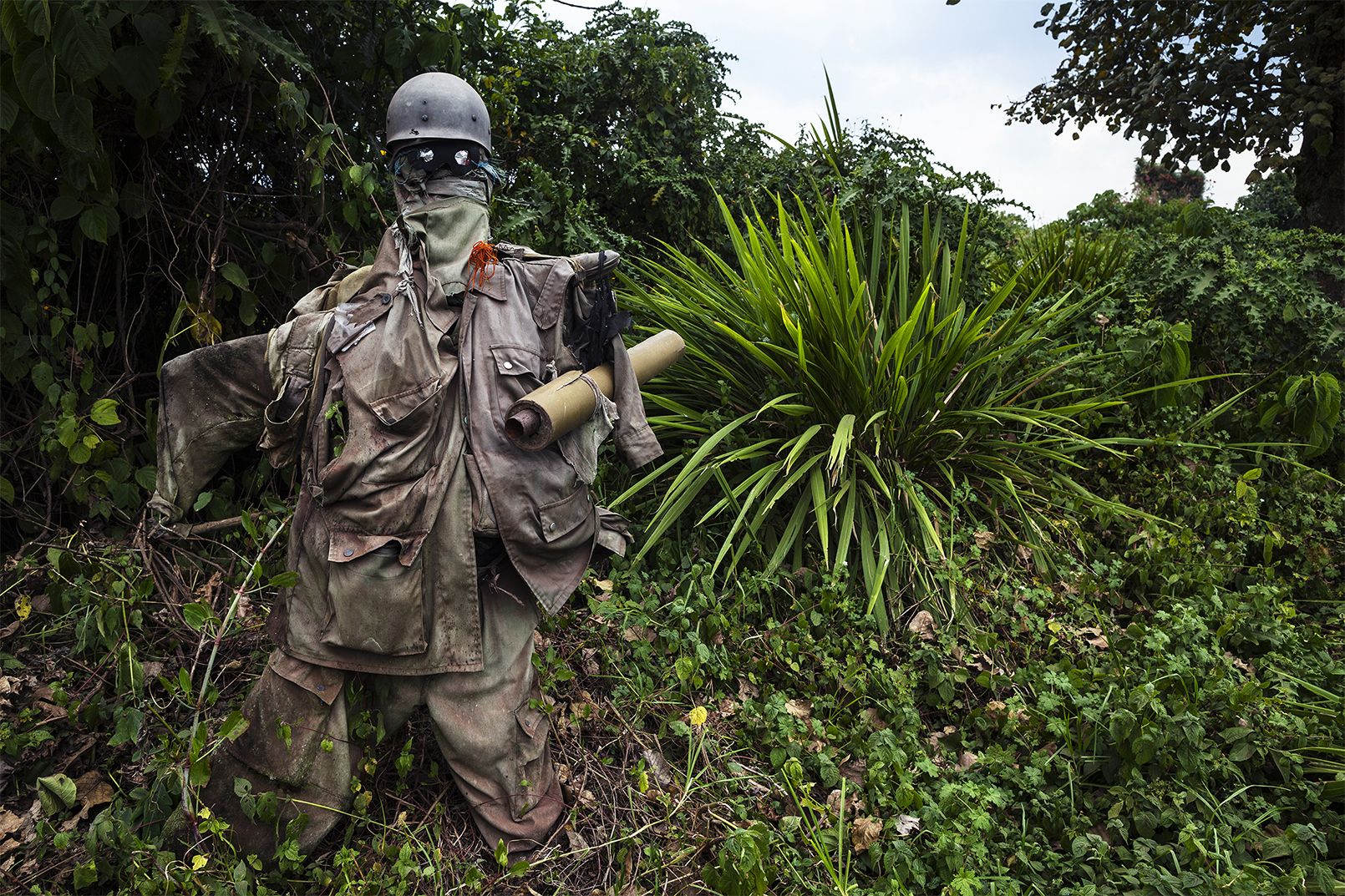
Election commission officials counting ballots in Kinshasa in 2011 (Courtesy: MONUSCO) The United States is not the only country with a 20 month-long election campaign. Kinshasa is already abuzz with rumors, tensions, and street protests linked to the elections. The schedule is as follows: local and provincial elections in October 2015, senator and gubernatorial elections in January 2016, and national legislative and presidential elections in November 2016 If successful, these elections could produce the first genuinely democratic transfer of executive power in Congo's history, and the first comprehensive local elections. If the polls or rigged or the process appears illegitimate, however, it could set Congo's institutions back years and trigger violence. So where do we stand? We can break the challenges to the process down into several topics: the voting register, outstanding legislation, electoral institutions, and funding. Read More
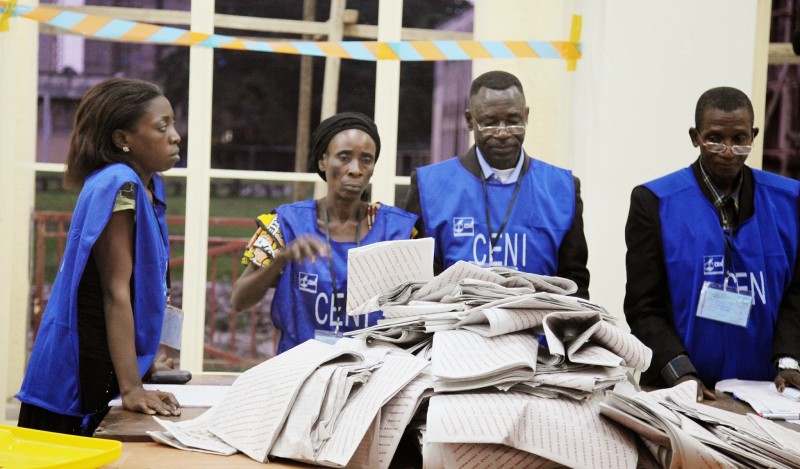
Could Jean-Pierre Bemba walk free? What would the consequences be for Congolese politics? The answers to these questions are unpredictable, but could… Read More
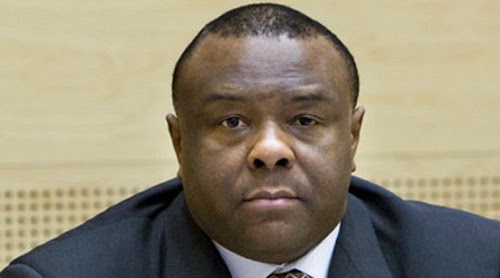
On March 15, police and intelligence agents broke up a workshop on non-violent protest in Kinshasa, arrested dozens of youth activists from… Read More
